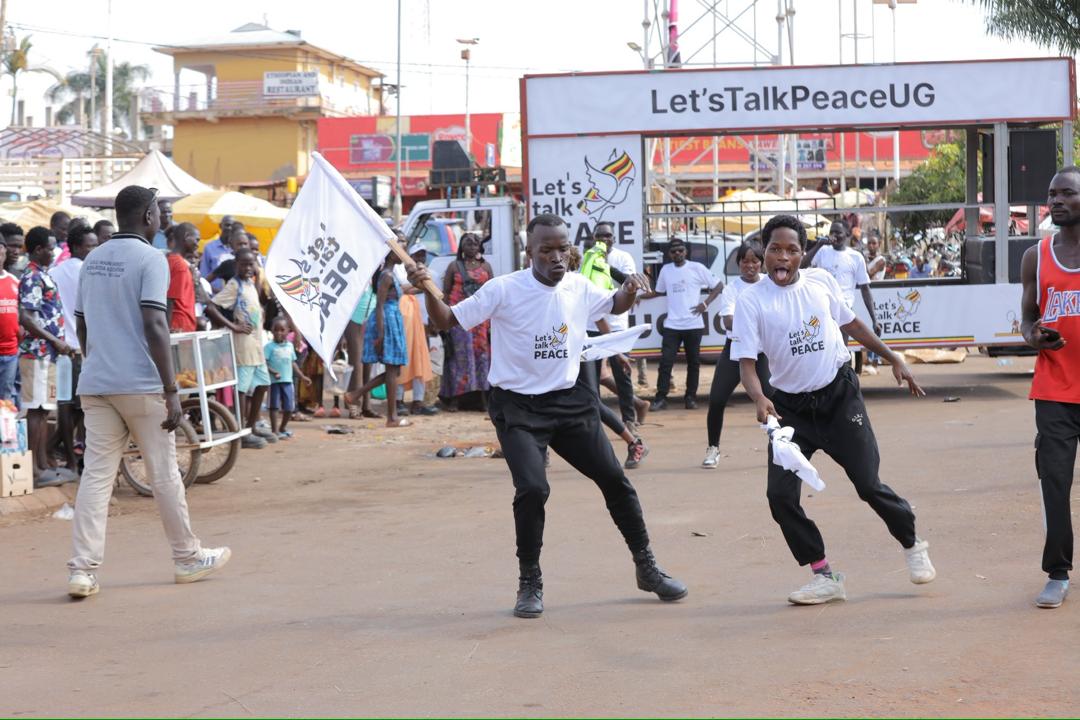The Electoral Commission, in partnership with several civil society organisations, has rolled out a nationwide initiative aimed at ensuring a peaceful and violence-free general election in 2026.
The campaign places strong emphasis on community engagement and sensitisation, particularly among groups historically associated with election-related tensions, including youth, boda boda riders, taxi operators, and market traders.
Speaking during the launch, the Executive Director of the Gulu NGO Forum, Franklin Okello, said civil society must take an active role as the country prepares for the next general polls.
“As the Gulu NGO Forum, we feel that we have a very important role to play in this election. There is no question that an election is one of the most important activities in our country. We therefore want to ensure that we have a peaceful election. Ugandans deserve better, and we want to be part of that effort,” he said.
The ongoing campaign is part of the Tuongea (Let’s Talk Peace) programme spearheaded by the Netherlands Institute for Multiparty Democracy. According to David Magarra, the initiative has been traversing the country with a message encouraging citizens—especially young people—to participate peacefully in the electoral process.
“Under the Let’s Talk Peace campaign, particularly with the caravan, we want to assure young people and the general population that we can have a peaceful election. Every Ugandan has a role to play in preventing election-related violence,” he said.
Magarra highlighted that findings from a May–August study identified several hotspots where tensions have historically been high.
“Gulu, Lira, Masaka, Kasese and Mbale remain areas of concern due to previous incidents. In Northern Uganda, Gulu and Lira came out very profoundly,” he said.
Human rights groups also weighed in on the need for neutrality and fairness during the electoral season. The Executive Director of Human Rights Focus (HURIFO), Francis Odongyoo, cautioned that selective enforcement of the law—particularly by security agencies during opposition activities—could escalate tensions.
“Police should act within the law and refrain from enforcing it selectively. Blocking opposition candidates without justifiable reasons will create unnecessary tension that could have been avoided with neutrality,” he said.
From the electoral management side, Gulu City Returning Officer, Mike Jjuko, assured the public that preparations for the election are well underway. He confirmed that the Commission has recruited qualified staff to support a credible and peaceful process.
“We are working towards a peaceful election. We are now done with the two phases of the election,” he said.
The Uganda Human Rights Commission also reaffirmed its commitment to ensuring rights-based participation in the polls. The Regional Senior Human Rights Officer, Fionah Opoka acknowledged operational challenges but emphasised the Commission’s ongoing efforts in civic education.
“The civic education is ongoing. We will do it amidst all the challenges. We will ensure that Ugandans participate in this election without violating the rights of others,” she said.


